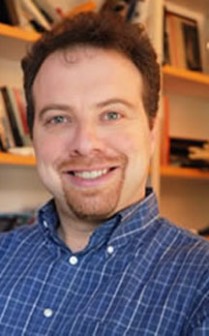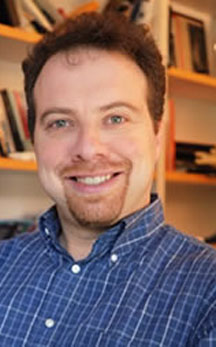STOCKHOLM, (Reuters) – The “astounding” discovery that the expansion of the universe is speeding up won the Nobel physics prize on Tuesday for three astrono-mers whose observations of exploding stars transformed our view of the world, and of how it may end.
Honouring two global teams of stargazers whose findings shook cosmology to its foundations in 1998, the Nobel Committee said Americans Saul Perlmutter, Brian Schmidt and Adam Riess showed how the universe that emerged from the Big Bang may fly apart so far, cooling as it goes, that it “will end in ice”.

Their work gave birth to the theory of dark energy, a kind of inverse gravity, that causes the expansion to accelerate. Up to three quarters of the universe seems to comprise dark energy — but just what it is is a matter of speculation, notably at facilities like the Large Hadron Collider at Geneva. Many hope an answer could reconcile apparent anomalies in physics.
The teams studied dozens of exploding stars, or supernovae, expecting to confirm theories dating back to the 1920s that the universe has expanded for 14 billion years since Big Bang, but ever more slowly. Astonished, they found the opposite was true.
“We ended up telling the world we have this crazy result — the universe is speeding up,” the Montana-born Schmidt, based in Australia, said by telephone to the Royal Swedish Academy of Sciences, where the 2011 prizewinners were announced.
“It seemed too crazy to be right, and I think we were a little scared,” added Schmidt, 44, who led the High-z Supernova Search Team that included the Baltimore-based Riess, 41. Schmidt is at the Australian National University in Canberra.
Perlmutter, 52, from the University of California at Berkeley, said: “The chain of analysis was so long that at first we were reluctant to believe our result.
“But the more we analysed it, the more it wouldn’t go away … It was the longest ‘Aha!’ moment ever.”
If data continues to improve, he believed theorists may be able to understand dark energy within 10 to 15 years.
“ALL BETS OFF”
Riess told Reuters he was “stunned and incredibly honoured” by the award. But he was cautious about predictions energy would propel the universe ever outward until it was spent and froze. “It is what we see,” he said. “But the truth is all bets are off. The universe could still recollapse.”
Before, it was thought gravity would eventually reverse its expansion, until a fiery collapse brought the end of the world.
Recalling how it felt to have assumptions confounded, Riess said he spent weeks thinking “I did something stupid” and looking for what he thought must be a mistake in his work: “If you tossed a ball into the air and it kept right on going up instead of falling to the ground, you’d be pretty surprised,” he said. “Well, that’s about how surprised we were.”
With the expectation that gravity would slow the expansion of the universe debunked, the fact that the opposite was true revived an idea Albert Einstein once rejected as his “biggest blunder” — that vacuum of space might create “anti-gravity”.
“Suddenly that idea made sense,” Riess said.
He and Schmidt will share half of the 10 million Swedish crowns ($1.5 million) prize money. Perlmutter won the rest.

